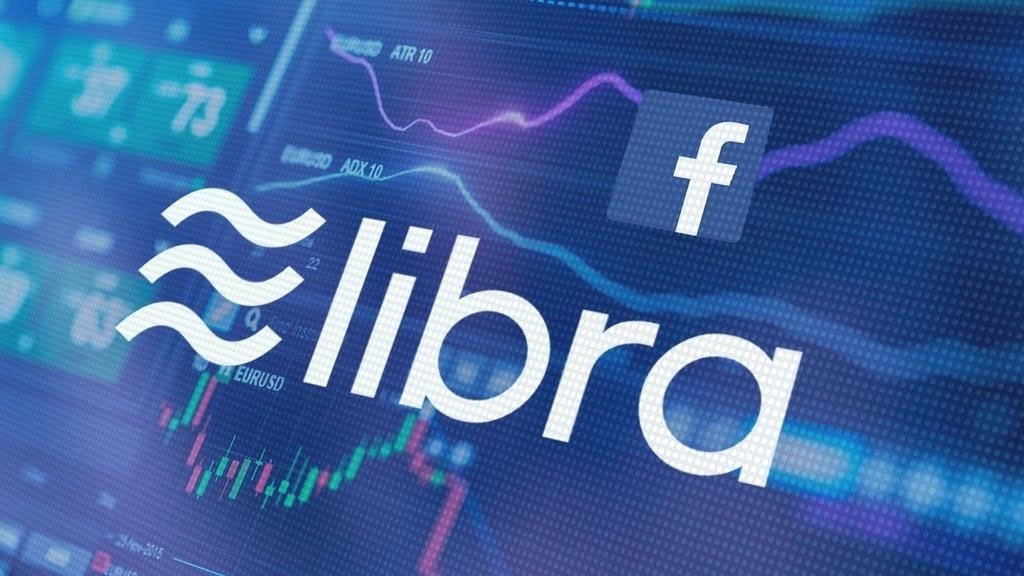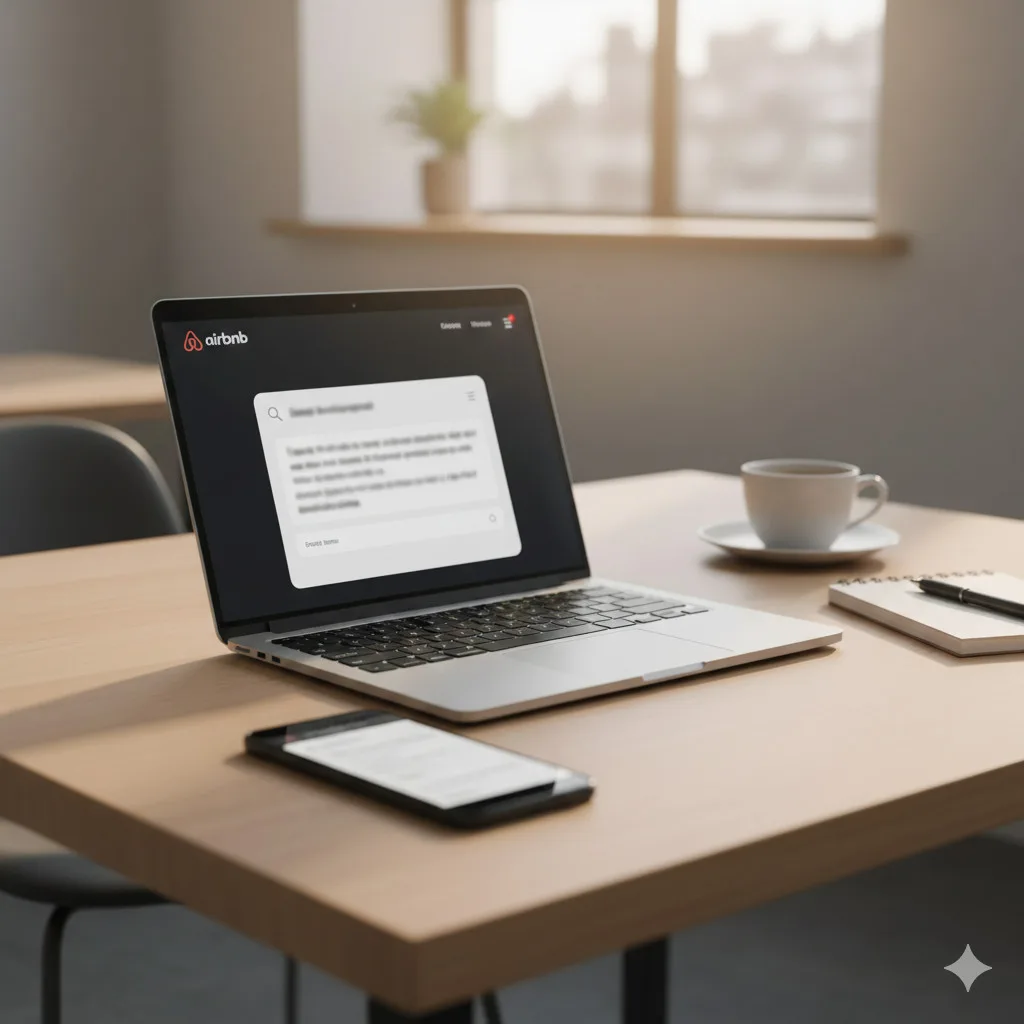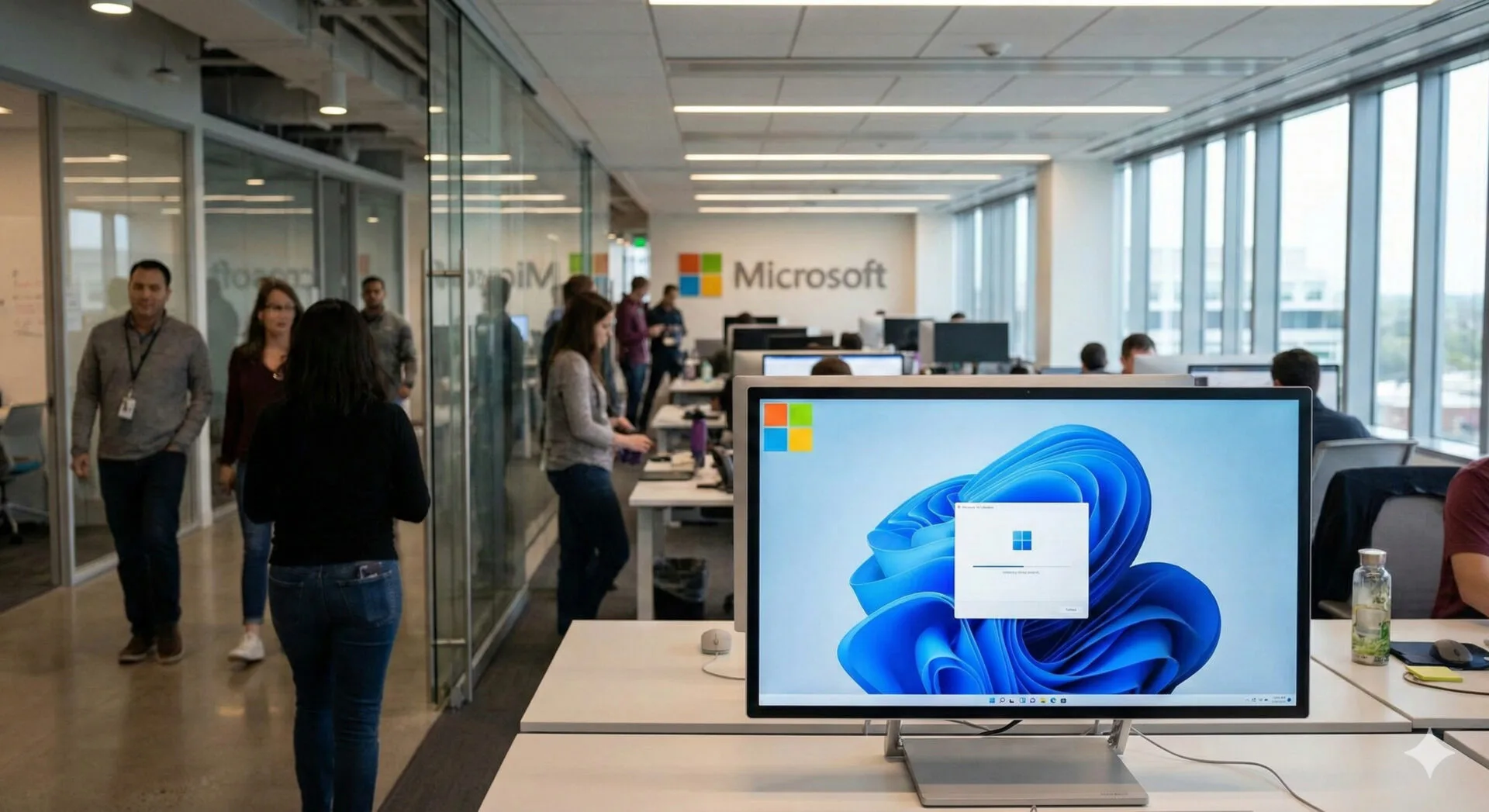Two months ago, Facebook announced to launch a digital currency Libra in 2020, and since then; everyone expressed their opinion starting from US President Trump, through businessmen and investors, and even data protection officials in the United States, the European Union, The United Kingdom, Australia, and Canada raised concerns about the privacy risks this currency may pose.
Everyone is excited about how this project will evolve in the coming months. And whether Facebook’s Libra cryptocurrency will actually make a difference, how it will work, or will it be forgotten without seeing it on the ground.
At the moment; there are 7 things you should know about Facebook Libra cryptocurrency:
- Libra’s vision is a universal currency that everyone can use:
Libra’s vision is to create a financial infrastructure that can encourage innovation and improve access to financial services, where billions of people can easily access it.
About 1.7 billion adults globally remain outside the financial system without access to a conventional bank, according to World Bank data. Although one billion of them own a smartphone, about half a billion of them have access to the Internet.
Facebook believes that a new and stable cryptocurrency is the solution, as the movement of global, open, immediate, and low-cost money will create a huge economic opportunity and further promote trade around the world.
- Libra will work based on blockchain:
Libra will operate based on a new Libra Blockchain base, developed using the “Move programming language”.
Libra Blockchain is a decentralized programmable database, designed to support low volatility cryptocurrency, which will be an effective way to exchange billions of people worldwide.
Libra Blockchain is designed to meet three main requirements:
- It must be very safe.
- They must be flexible, adaptable to future innovations and governments.
- It must be scalable to billions of accounts, with high capacity and low latency.
- If you want to know more technical details about Libra Blockchain, you can view this link.
- Facebook will not control the currency:
Facebook pointed out that the currency will be independent of the company, and that there is a non-profit association oversees everything called (Libra Association) and is based in Geneva, Switzerland, and is composed of 28 organizations, and this union, which includes Facebook as a founding member – to ensure that Digital currency is legitimate.
Mark Zuckerberg and Facebook will have no voting power, more than any other company in the union, and the most prominent members of the Libra: PayPal, Uber, Vodafone, MasterCard, Visa, Spotify, Lyft, Stripe, Xapo, Union Square Ventures, Ribbit Capital, and Thrive Capital.
- Facebook users will be able to use the currency:
When Facebook announced the new currency, it also announced a new subsidiary called Calibra, which will provide a digital currency wallet on WhatsApp, Messenger, and applications on the operating systems (iOS) and (Android) allow sending of currency and receive it.
According to Facebook, Calibra allows sending the currency (Libra) to almost anyone with a smartphone easily, and the speed is comparable to the speed and ease of sending a text message and at a very low cost.
- Minimum age of participants:
Currently, Facebook users under the age of 18 cannot use one-to-one payments in Messenger, and while there is now no confirmed information about a minimum age for Libra users in financial transactions, the currency website confirmed: “users will need an ID Issued by the Government for registration.”
- Who is the president of Facebook’s Libra project?
David Marcus has been working on Facebook since 2014. He was vice president of messaging products before taking up his new role as president of Facebook’s Calibra portfolio.
Before working on Facebook, Marcus was president of Paypal and founder of Zong, a mobile payment service provider acquired by eBay for $240 million.
Marcus is credited with introducing Messenger’s payment platform, which was launched in the United States in June 2015. Marcus has also helped develop business payments on the platform. David is clearly experienced in digital payments.
- Libra is unlikely to see the light of day:
The Libra is supposed to be launched in the middle of 2020, but you will probably never see the light of day. Since the announcement of the project, Facebook has received great feedback from financial regulators and legislators.
Cryptocurrency laws are also under development, with Congressman and chairman of the House Financial Services Committee Maxine Waters calling on Facebook to pause their plans until regulators can consider the new cryptocurrency.
Users are generally slow to rely on cryptocurrencies for financial transactions, and given all these obstacles, the project is likely to stop working.






Leave a Reply